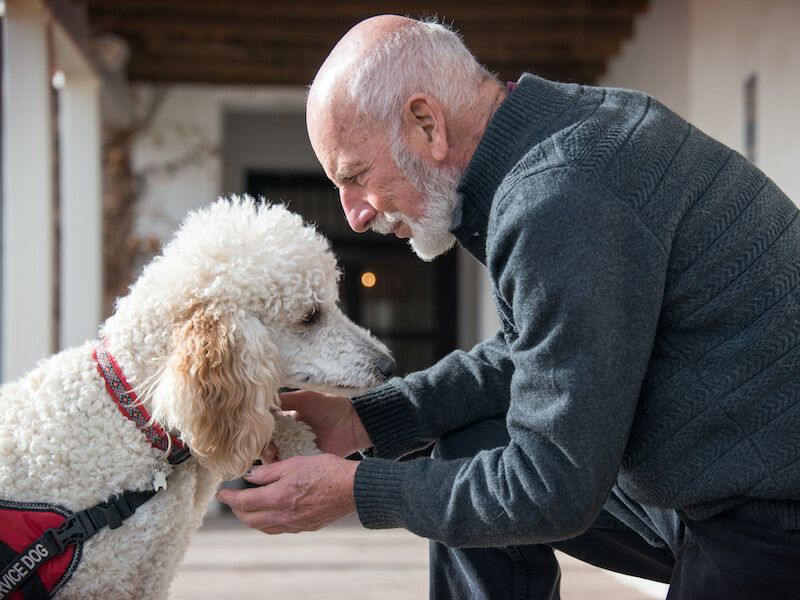If You’re Dealing With Hearing Loss, These Tips Will Keep You Safer

For you and the people you love, living with hearing loss can be difficult to adjust to. Sometimes, it can even be unsafe.
What if you can’t hear a smoke detector or somebody yelling your name? Car noises can signal dangers ahead, but if you have neglected hearing loss, you won’t hear them.
But the “what ifs” aren’t something you need to stress over. If you are dealing with neglected hearing loss, getting a hearing assessment is the first thing you should do. Here are a few recommendations to help keep people with hearing aids and their loved ones safer whether or not they’re wearing their hearing aid.
1. Bring a friend with you when you go out
If possible, take someone with you who is not struggling to hear. If you need to go out by yourself, ask people to come closer and look at you when they talk.
2. Stay focused when you drive
Because you can rely on your hearing less, it’s important to decrease other distractions behind the wheel. Don’t use your phone or GPS while driving, just pull over if you need to reroute. Before you drive, if you are worried that you may have a problem with your hearing, call us for an assessment.
Don’t feel ashamed if you need to turn off the radio or ask passengers to stop talking during more decisive moments of your drive. It’s better to err on the side of caution!
3. Think about getting a service dog
You think of service dogs as helpful for individuals with loss of vision, epilepsy, or other disorders. But if you’re dealing with auditory challenges, they can also be really helpful. A service dog can be trained to warn you of danger. When somebody is at your door they can let you know.
They can assist you with your hearing problems and they are also wonderful companions.
4. Make a plan
Before an emergency comes about, prepare a plan. Speak with others in your life about it. For instance, be certain your family is aware that you will be in the basement in the case of a tornado. Plan a specific location outside your house in the case of a fire.
This way, if something were to happen and you became trapped, family and emergency personnel can act rapidly to assist you.
5. When you’re driving, pay attention to visual cues
Your hearing loss has probably worsened over time. If your hearing aids aren’t regularly adjusted, you may find yourself relying more on your eyes. Be alert to flashing lights on the road since you may not hear sirens. When kids or pedestrians are around, stay extra attentive.
6. Let family and friends know about your limitations
It might be tough to admit, but it’s essential that people in your life are aware of your hearing loss. You may need to get to safety and those around you will be able to warn you about something you may have missed. They most likely won’t bother alerting you if they think you hear it too.
7. Be diligent about the maintenance of your vehicle
Your car may start making strange sounds that your hearing loss stops you from detecting. These sounds could point to a mechanical problem with your vehicle. If dismissed, they can do long-term damage to your vehicle or put you at risk. It’s a smart idea to ask a trustworthy mechanic for their opinion on the condition of your vehicle when you bring it in for an oil change or inspection.
8. Have your hearing impairment treated
If you want to be safe, getting your hearing loss treated is crucial. In order to identify if you need to get a hearing aid, have your hearing tested annually. Don’t allow pride, money, or time constraints stop you. Hearing aids nowadays are very functional, affordable, and unobtrusive. A hearing aid can help you remain safer in all facets of your life.


